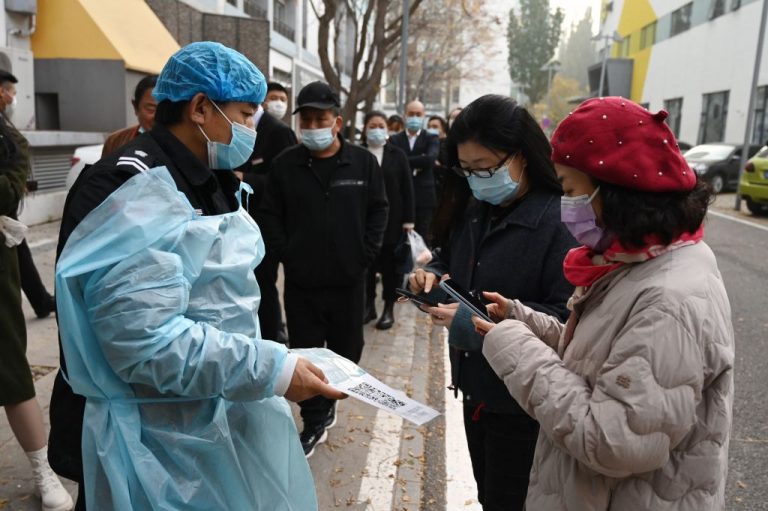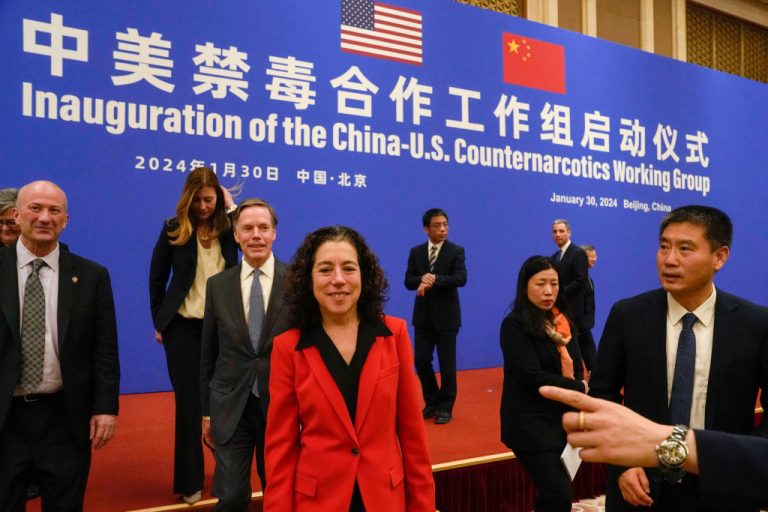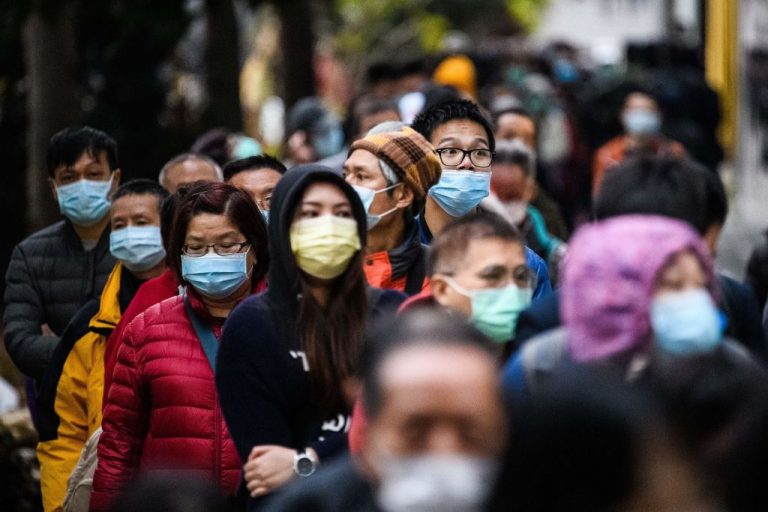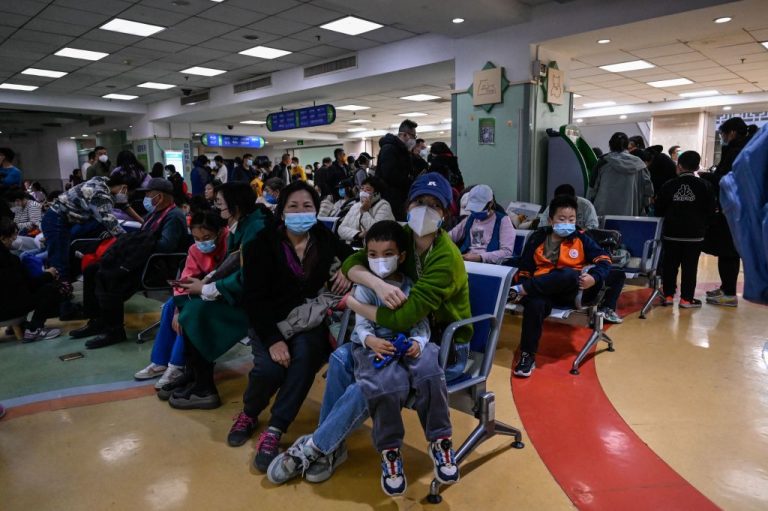A new study by the University of Hong Kong (HKU) has found that two doses of the vaccine made by Chinese company Sinovac Biotech Ltd. is not effective in warding off the new Omicron variant of COVID-19. The researchers discovered that insufficient antibodies were produced.
Sponsored by the Hong Kong government, the study was conducted by microbiologists Kelvin To, Yuen Kwok-yung, and Chen Honglin. Scientists in the microbiology department of the HKU analyzed serum antibodies from a total of 50 volunteers who were split into two groups of 25 each.
In one group of 25 people who received both doses of the Sinovac vaccine, which is called CoronaVac, the blood serum in none of the recipients showed ample antibodies to counteract the Omicron variant, according to a statement released on Dec. 14 by the team of researchers.
By contrast, in the other group of 25 who received two doses of the messenger RNA shot produced by BioNTech SE and Pfizer Inc., five people were found to have visible neutralizing antibodies against Omicron, though the efficacy of the vaccine reduced markedly to between 20 and 24 percent. Neutralizing antibodies against Omicron fell by 36 to 40 times when compared to the original COVID-19 strain.
READ MORE:
Success
You are now signed up for our newsletter
Success
Check your email to complete sign up
Space and Time Tracking: China’s New ‘Zero COVID’ Policy Draws Criticism
3rd Sinovac COVID-19 Vaccine Appears to be Fatal for Young Chinese Worker
Headed by Kwok-Yung Yuen, a highly esteemed professor in infectious diseases at the HKU, the study has been approved for release in the medical journal Clinical Infectious Diseases while a pre-print version is accessible online.
The authors of the study declared that Omicron dented the protection offered by two doses of major COVID-19 vaccines. Individuals who were infected with COVID-19 before could be reinfected and there is a severe risk of a breakthrough infection among those who are vaccinated. They recommended the public to get a third shot of the vaccine and wait for a new generation of “a more matched vaccine.”
The studies are still exploratory and antibody levels do not offer a full picture of an individual’s immunity to COVID-19. While scientists are still learning how the CoronaVac vaccine counters Omicron, the findings could spell trouble for those who have received the 2.3 billion doses of CoronaVac in China and abroad.
With a Japan study revealing that the transmittable rate of the Omicron is four times more than the Delta variant, chances of the pandemic ending anytime soon are looking bleak.
Should further studies establish that Sinovac is ineffective against Omicron, then China, which has attempted to shield its populace from COVID-19 by imposing strict lockdowns and other measures, could be in for some big danger, experts warn.
READ MORE:
Beijing Shuts Down Whole Districts as Fresh Outbreak Spreads Through Capital
According to Benjamin Cowling, a professor of epidemiology, other nations that have used CoronaVac have gone through multiple COVID-19 infection waves. This would have brought some natural immunity that is likely to ensure “no major impact” from Omicron. However, with no large-scale infections affecting the populations of Hong Kong and mainland China before, they could be particularly susceptible to Omicron.
“The Chinese authorities have worked hard to have a high vaccination rate across the country but the mutability of the virus means that the impact of those efforts has been significantly reduced,” Nicholas Thomas, an associate professor at the City University of Hong Kong, told Bloomberg.
Thomas added that China is facing a “two-fold challenge” – (a) to protect its population from Omicron and future variants, and (b) handling the “flows of goods and people over their borders” when the rest of the world finds a way to live with the virus. So far, China has detected two cases of the Omicron variant from returning travelers.













